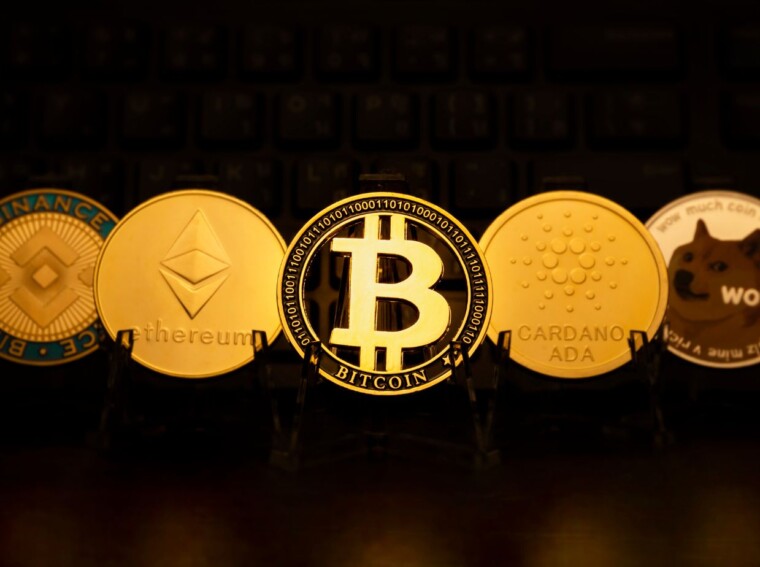AML stands for anti-money laundering. This is a set of measures that are aimed at preventing money laundering activities. AML checks are essential during the process of swapping crypto. Many credible crypto exchanges are doing these checks to make sure all the activities on their platforms are in accordance with the laws.
For example, when you want to sell xmr, you may be asked about the origin of your Monero coins, or you may be asked to upload your ID.
Many people don’t understand the purpose of AML checks. They may feel awkward about these checks. It’s important to understand that these measures are necessary to make sure that all traders or crypto exchange users are not breaking any laws and are not involved in any type of illegal activities.
Money Laundering with BTC
According to CoinMarketCap, 90% of all activities related to money laundering and other illicit things happen with the use of Bitcoin.
The most notorious case of money laundering is the case with the network called The Silk Road. Criminals used it to launder millions of bucks. Eventually, the US government managed to capture the amount of Bitcoins equivalent to $1 billion by cracking down on this illegal platform.
This served as a trigger for many countries around the globe to work harder on their anti-laundering laws related to cryptos. It resulted in imposing complex KYC rules on many organizations that deal with cryptocurrencies. KYC stands for Know Your Customer.
Many people use Coinbase and other well-known exchanges to buy cryptos. It makes it easier for governments to track such transitions as they monitor such exchanges. The next time you’d like to check btc to xmr exchange rate, keep in mind the exchange where you are doing this. For example, LetsExhange gives you a fast, 100% legit way of swapping your BTC to Monero or another crypto without compromising your privacy.

Going back to laundering money with BTC, unfortunately, some unfair people try using BTC for their illegal activities. Usually, they exchange their money several times from one coin to another, making it difficult to trace the original place where the money came from. It’s a very common move to convert cryptos back to fiat and disguise it as the profit from their trading activities. Sometimes, this helps them to hide the original source of the money.
Here’s one thing that makes the situation even more complicated. Cryptos are on the rise right now. It means more places have started accepting them as a payment method. This plays in favor of unfair actors that do money laundering with BTC and other cryptos. This means they don’t need to convert crypto back to fiat to be able to use it. In other words, it makes cryptos even more attractive for such illicit activities.

According to the UN, $1.6 trillion is laundered globally every year. It is not clear how much of this involves BTC or other cryptos. Let’s say a few billion bucks go to BTC and cryptos. Even in this case, it’s still a relatively low amount in comparison with other ways of laundering.
All these facts give us solid grounds to say that governments around the globe will keep making more efforts to regulate cryptos and try to get them under their control.
Regulated and Unregulated Crypto Exchanges
This may result in a rise of new regulated crypto exchanges like Coinbase, Kraken, and Gemini. Such exchanges are 100% compliant with local laws. They are completely regulated and overseen by regulators and governments.
On the other hand, there are unregulated crypto exchanges that don’t do any KYC checks.

